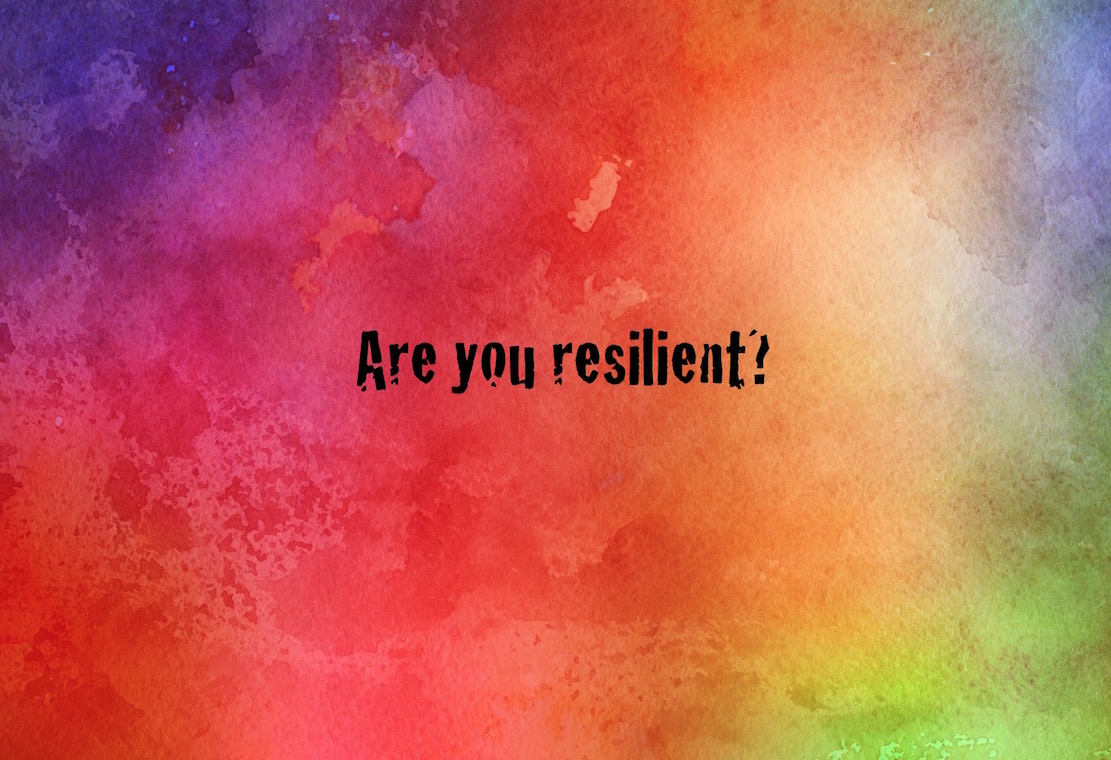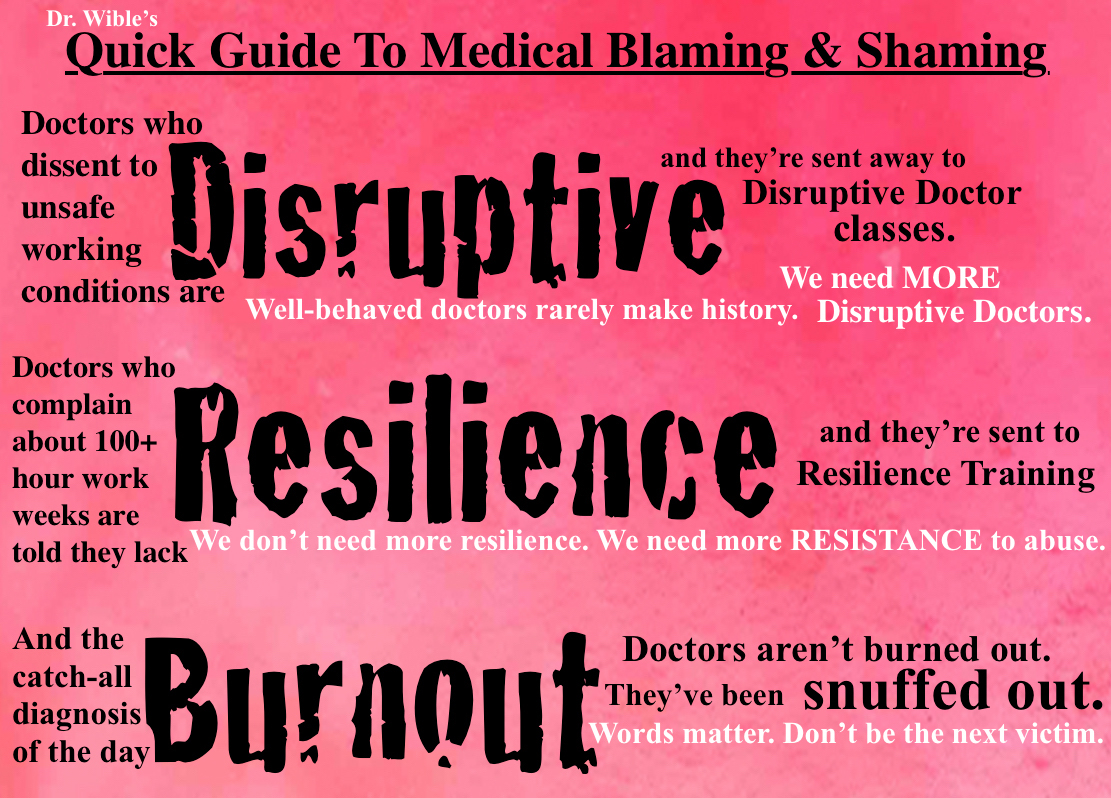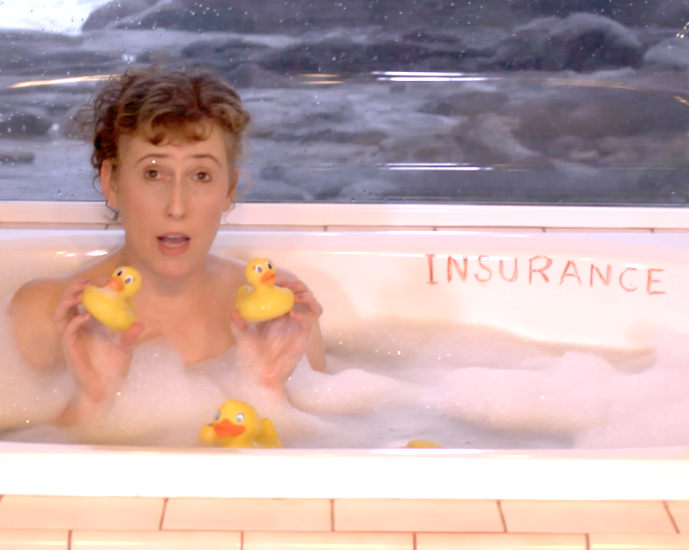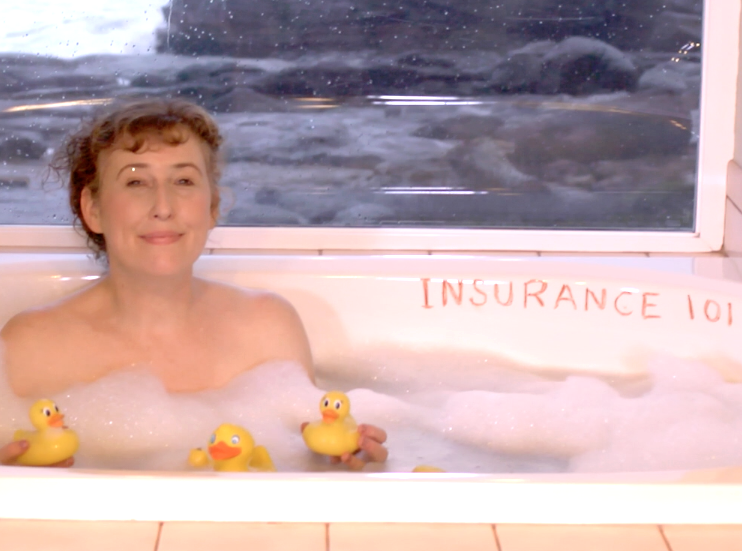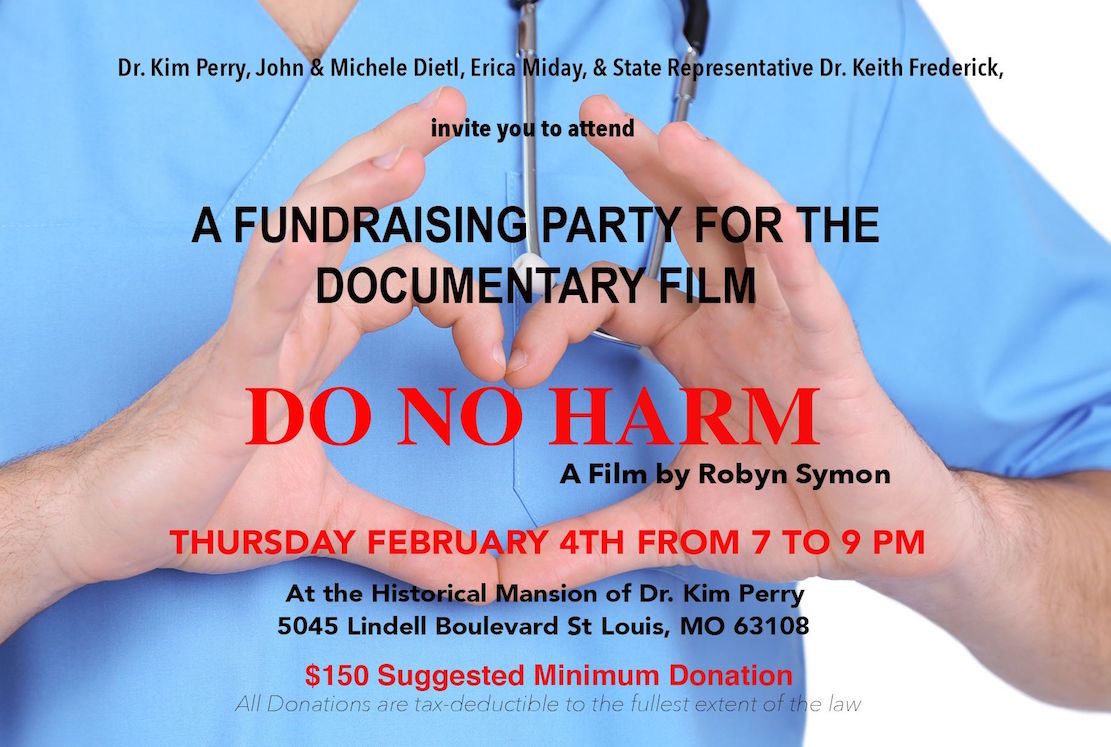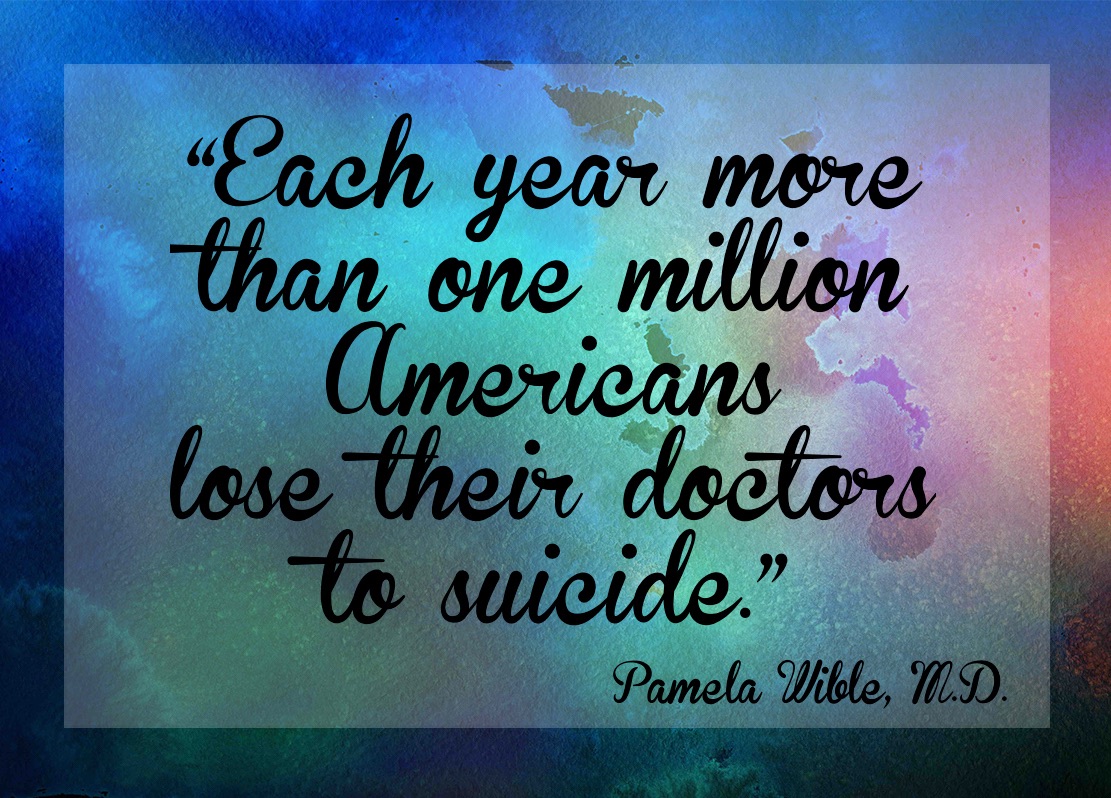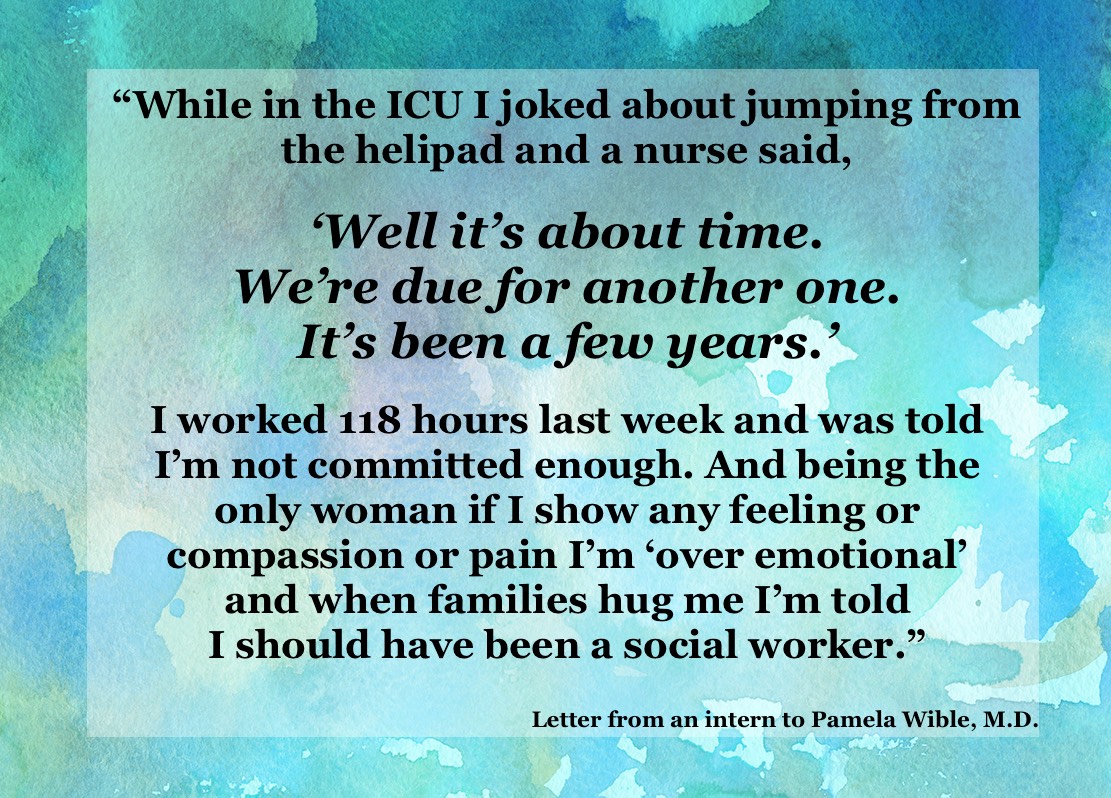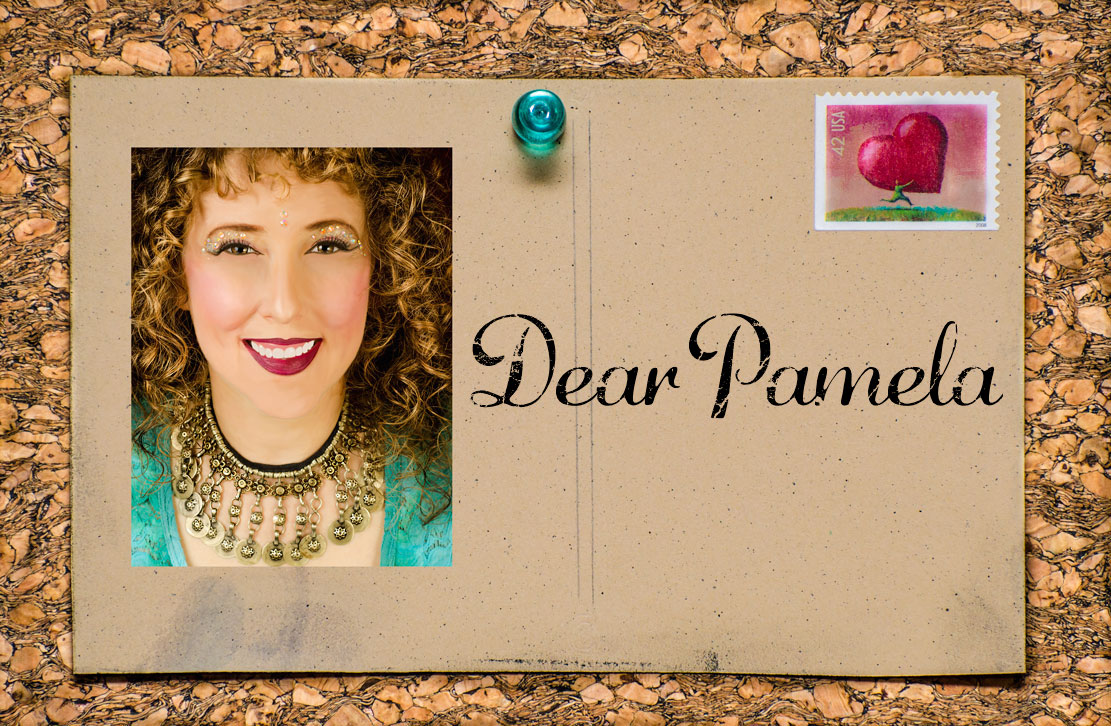
Dear Dr. Wible,
I wanted to pose a couple questions to you after reflecting on your TED talk and a couple of your stories. Also I wanted to say that I truly appreciate the awareness you’re bringing to the dysfunction in medical training, expectations for medical professionals, and the greed infiltrating one of the most tangible acts of empathy (medical insurance companies). You also recently spoke at an event on my med school campus. You made me feel as though I might not necessarily be walking into a bear trap as I become a physician—that perhaps medicine doesn’t equate with martyrdom if I take courage. Thank you.
If you happen to find a spare moment and think any of the following questions are worthwhile inquiries… What do you think med students leave out of their personal statements? What do modern day shamans do? What would the humanistic-doctor-personality do when/if the art of medicine is no longer necessary? Why do you take baths on the Internet?
Also this is a story I think you’d like if you haven’t already heard it. One of my classmates from Hawaii told me about a group of sea kayakers that honor their ancestors by traveling across the ocean every once in a while to their likely mainland of origin using traditional canoes. A few years ago their tiny boats were thrashed by storming waves leaving them lost and adrift. One of the members was a pro surfer, Eddie, and he knew the general direction of land and safety. He also knew he was strong and told the group he would swim for help. The group was found by search and rescue but the hero apparently was never seen again. Now when someone attempts a selfless act people say “Eddie would go” in memory of the young man in the prime of his life with a big heart.
Thanks for your insights and time. Also, I’m fairly certain if you replied it would be the highlight of my day.
With Great Respect and Kind Regards,
Rusty Jones, OMS2
* * *
Hey Rusty,
Here are my answers:
1) What do you think med students leave out of their personal statements?
Words that might scare academic institutions that hold reductionist medicine as the only truth. Words like holistic, spiritual, transcendent, intuitive. Concepts that scare those who value only what can be measured, replicated, and billed to insurance companies. Medical students may leave out the most important part of themselves—their souls.
2) What do the modern day shamans do?
Shamans heal through spiritual means and may consequently improve the human condition by bringing about restored health for all. The modern day shaman stands fearlessly against forces that erode our humanity and spirituality—even against modern medicine which has lost its way, lost its soul.
3) What would the humanistic-doctor-personality do when/if the art of medicine is no longer necessary?
Search for the wounded. There will always be those who need help. Healing may not require potions, labs, and tests. The wounded may need time, attention, love. The humanistic doctor is adaptable and serves the needs of the world in the era in which he or she finds him/herself.
4) Why do you take baths on the Internet?
To be real. To demonstrate how simple and fun and easy life can be when we don’t take ourselves so seriously. To show what doctors look like without the white coat. To break through the stereotypes that imprison us all. To break down the complex PowerPoints into simple rubber ducky routines. Maybe because I’m a cross between Lucille Ball, Patch Adams, and Marcus Welby. Maybe the modern day shaman doesn’t wear a white coat.
Love,
Pamela
* * *
Pamela Wible, M.D., is the founder of the Ideal Medical Care Movement. She was named one of the 2015 Women Leaders in Medicine by the American Medical Student Association for her pioneering contributions to medical student/physician suicide prevention. Dr. Wible is the author of the best seller, Physician Suicide Letters—Answered. Need a letter answered? Contact Dr. Wible.

